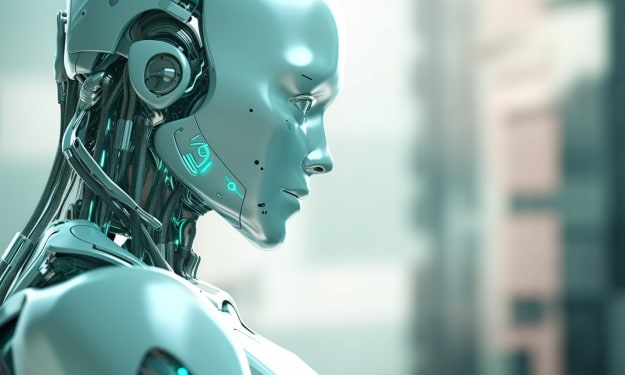
Artificial Intelligence (AI) and automation are two of the most transformative technologies of our time. They are reshaping the way we live, work, and interact with the world around us. This article aims to demystify these concepts and explore how AI is being used to automate tasks in both the industrial sector and office work.
AI, at its core, is a branch of computer science that aims to create machines that mimic human intelligence. This doesn't mean creating robots that have feelings and emotions, but rather, machines that can learn from experience, understand complex concepts, recognize patterns, and make decisions based on the information they have.
Automation, on the other hand, is the use of technology to perform tasks without human intervention. It's not a new concept - we've been using machines to automate tasks for centuries, from the looms of the Industrial Revolution to the assembly lines of the 20th century. But what's new is the level of sophistication and intelligence these machines now possess, thanks to AI.
In the industrial sector, AI and automation are a match made in heaven. They're being used to increase efficiency, reduce errors, and improve safety. For instance, AI-powered robots are now common in manufacturing plants. These robots can perform complex tasks with precision and consistency, working 24/7 without breaks, and in environments that may be hazardous to humans.
AI is also being used to automate processes in supply chain management. For example, predictive analytics, a form of AI, can analyze historical data to forecast future demand, helping companies to optimize their inventory and reduce waste. Similarly, AI can automate the process of quality control by using machine vision to inspect products and identify defects.
In the realm of office work, AI and automation are revolutionizing the way we work. They're being used to automate routine tasks, freeing up employees to focus on more complex and creative tasks. For instance, AI can automate the process of data entry, which is often time-consuming and prone to errors. AI algorithms can extract information from documents, emails, and other sources, and input it into a database with speed and accuracy that far surpasses human capabilities.
AI is also transforming customer service. Chatbots, powered by AI, can handle a wide range of customer inquiries, providing instant responses and freeing up human agents to deal with more complex issues. These chatbots can learn from past interactions, improving their responses over time.
Moreover, AI is automating the process of decision-making in many areas. For example, AI algorithms can analyze vast amounts of data to provide insights and recommendations. This can help businesses make more informed decisions, from identifying trends in sales data to predicting customer behavior.
However, it's important to note that AI and automation are not without their challenges. There are concerns about job displacement, privacy, and security. It's crucial that as we embrace these technologies, we also consider their ethical implications and strive to use them in a way that benefits everyone.
In conclusion, AI and automation are transforming the way we work, both in the industrial sector and in office work. They're automating tasks, increasing efficiency, and providing new insights. As we continue to innovate and push the boundaries of what's possible, it's exciting to imagine what the future of work will look like. But it's also important to navigate these changes with care, ensuring that the benefits of these technologies are shared by all.





Comments
There are no comments for this story
Be the first to respond and start the conversation.